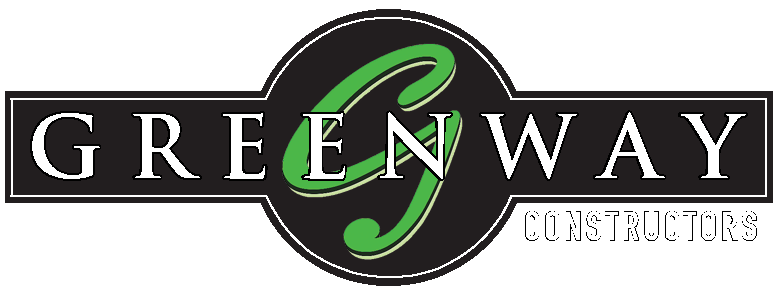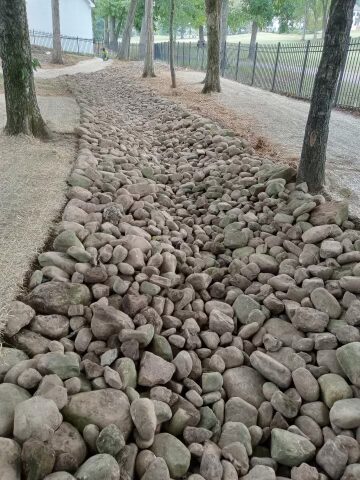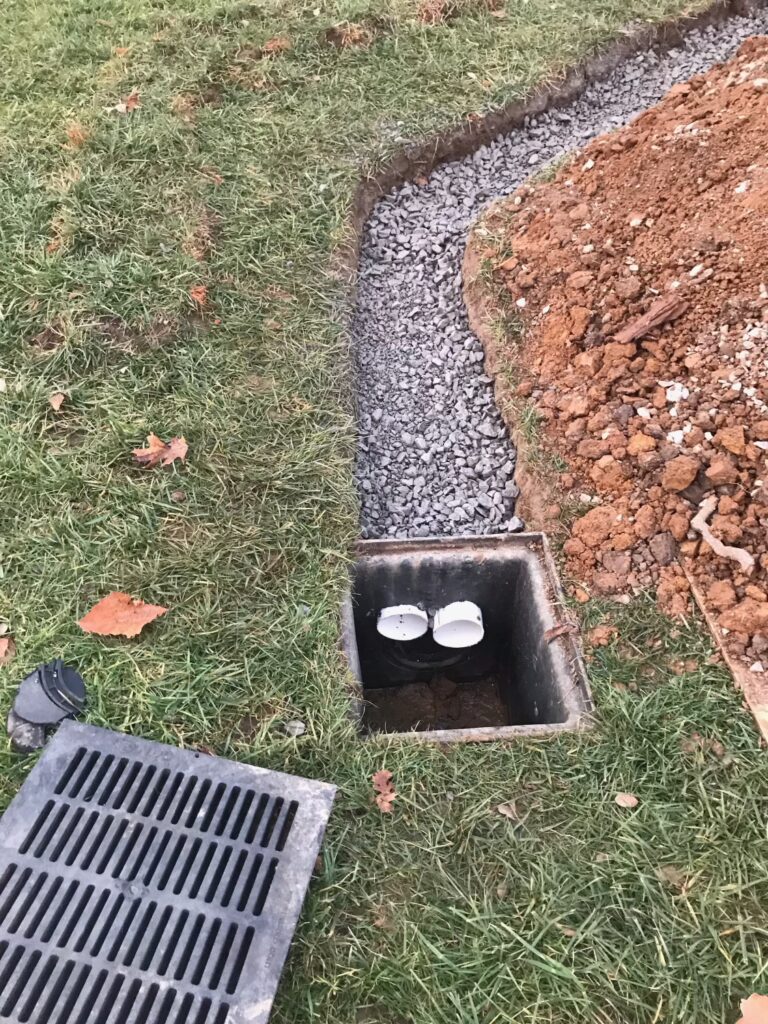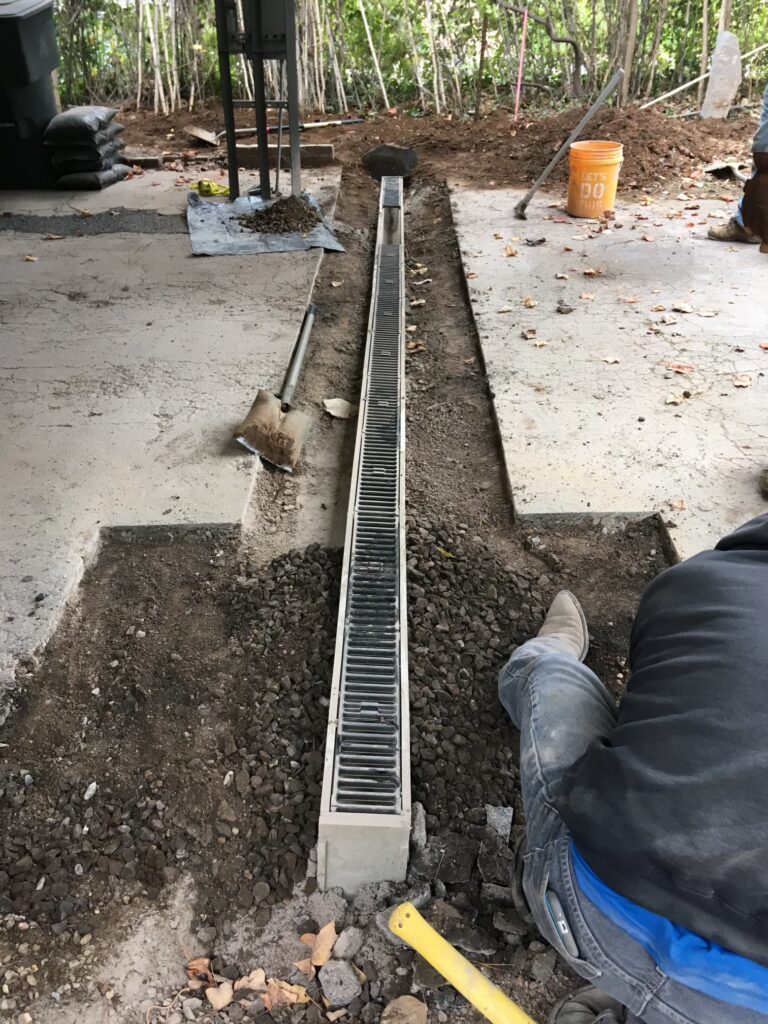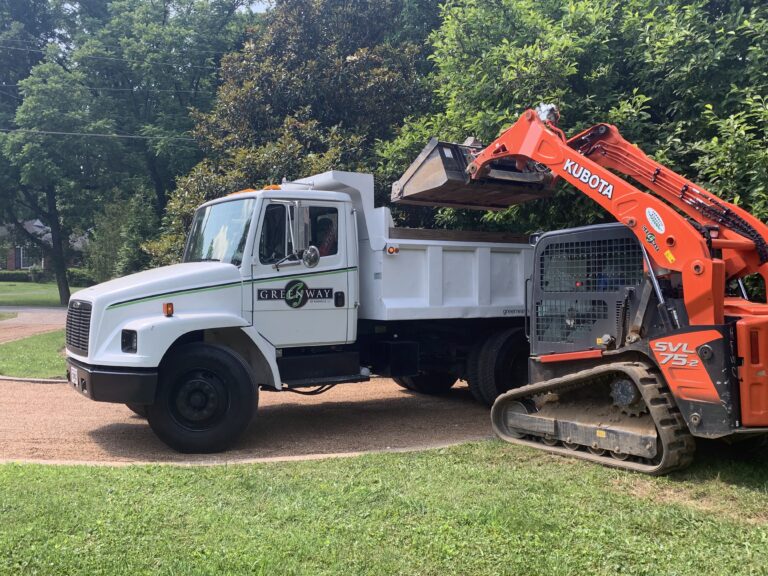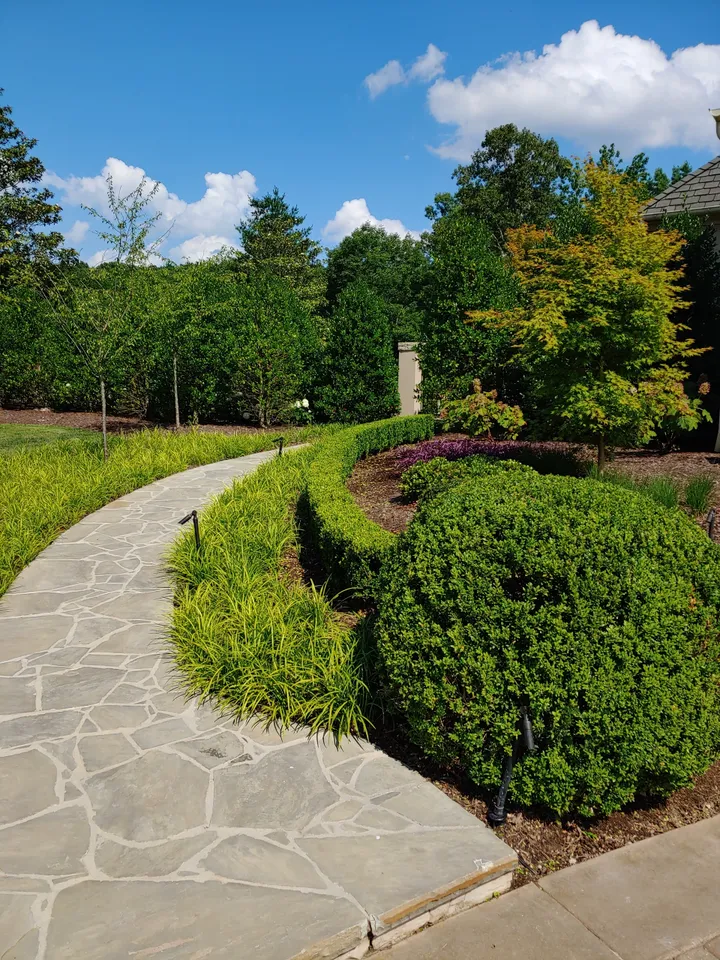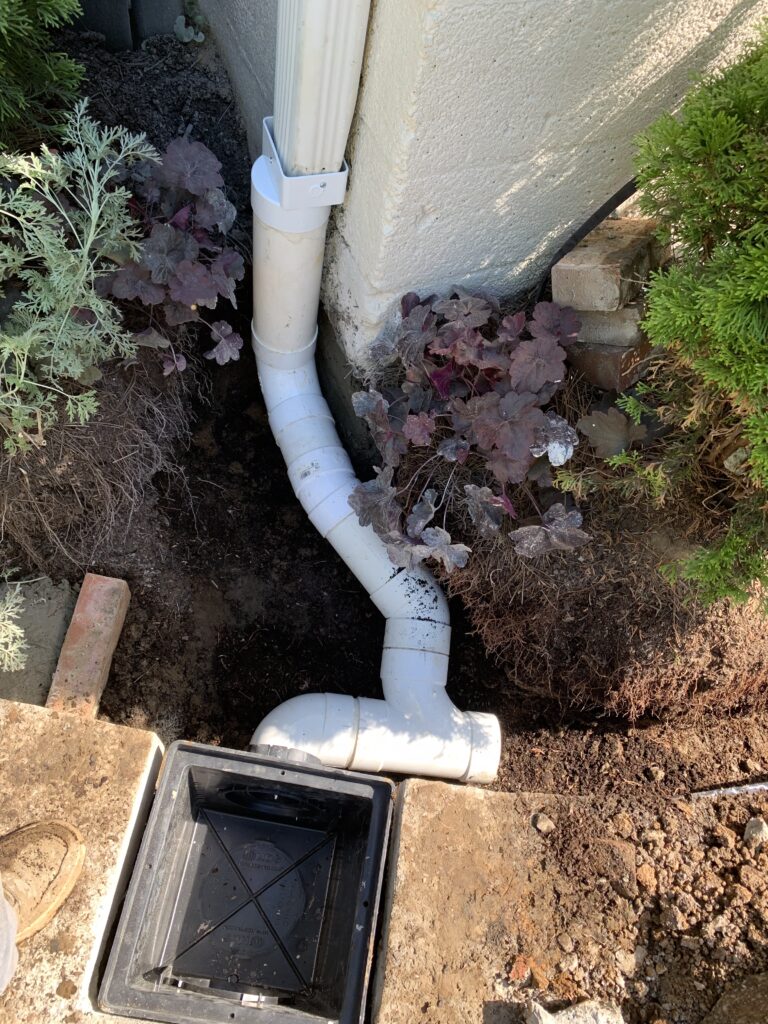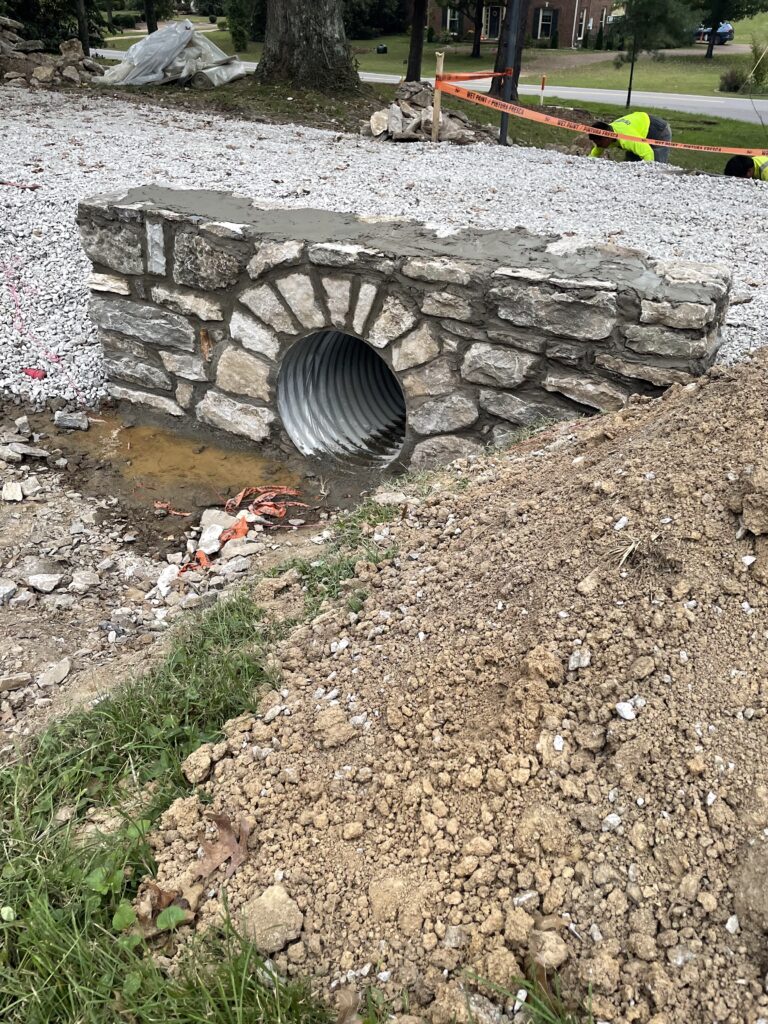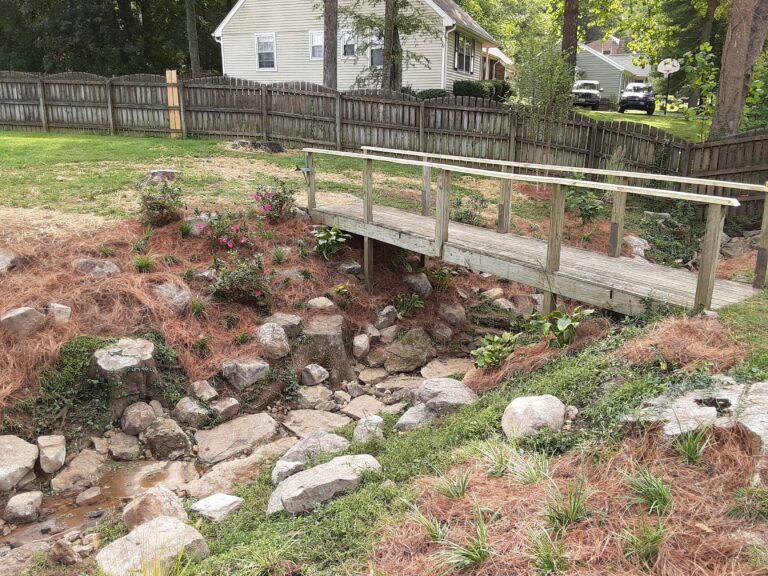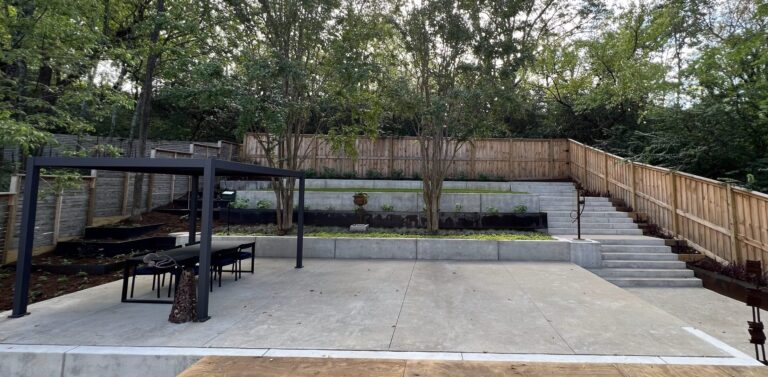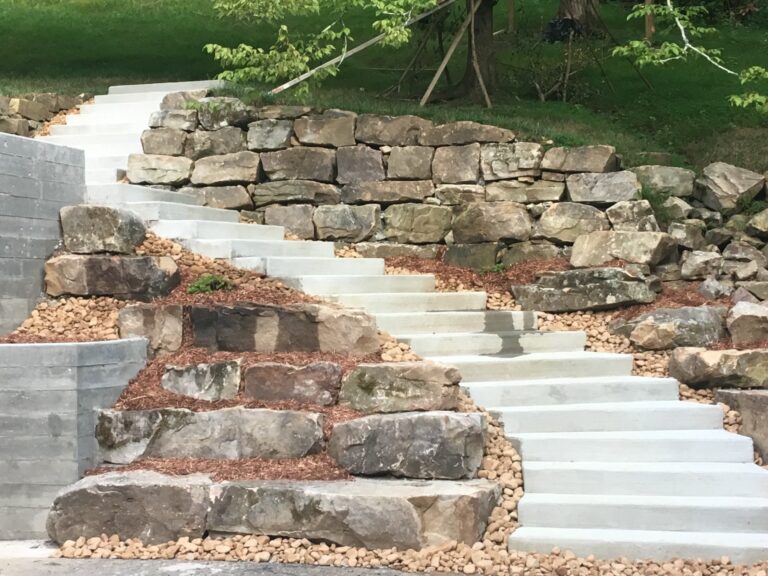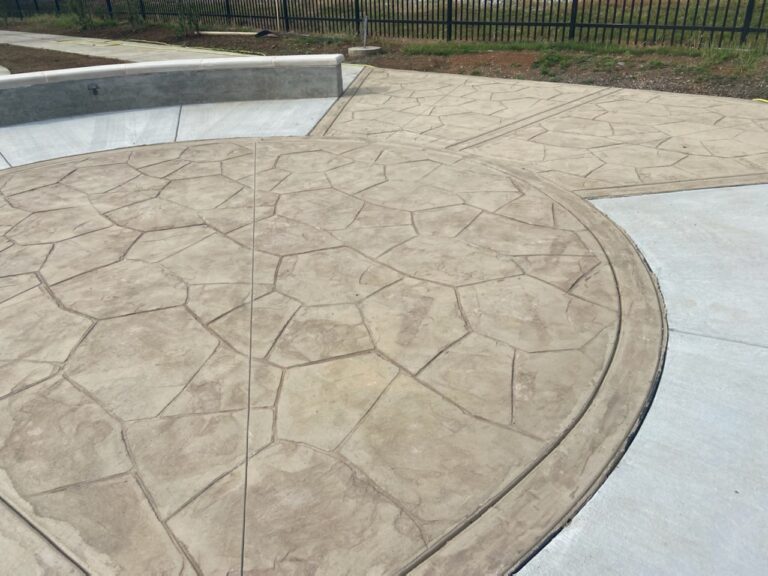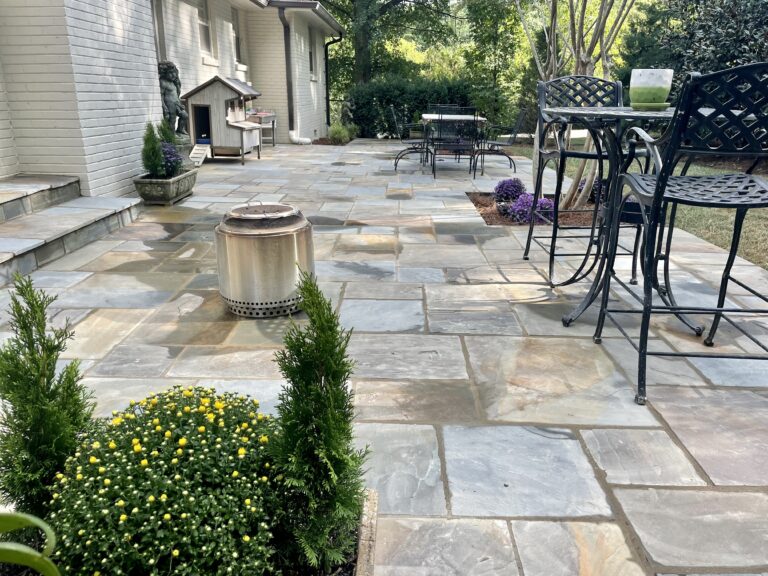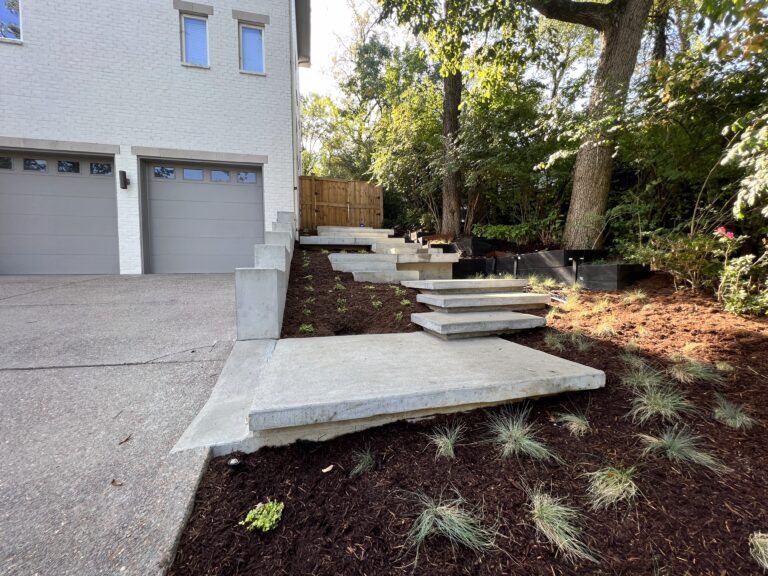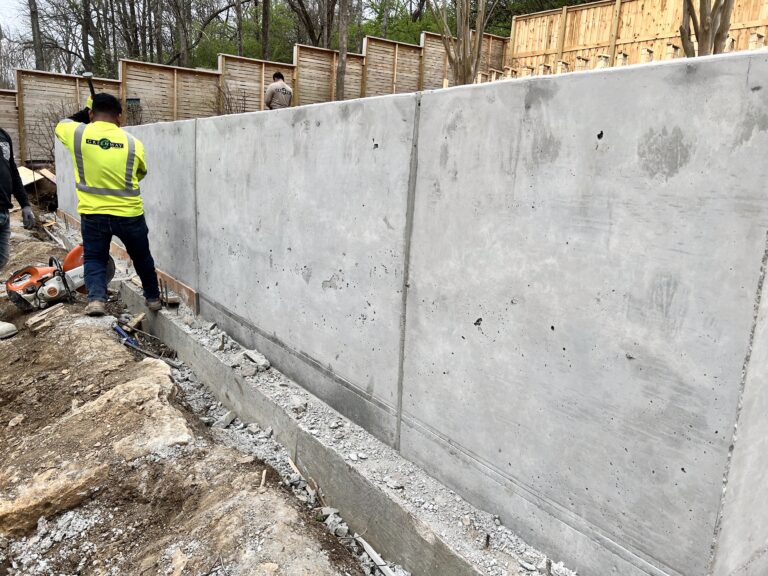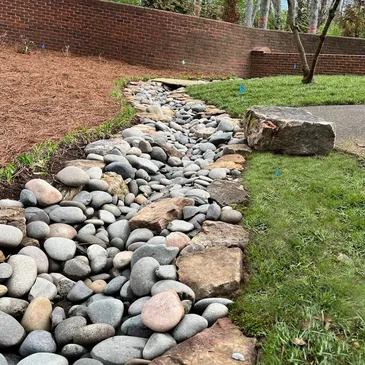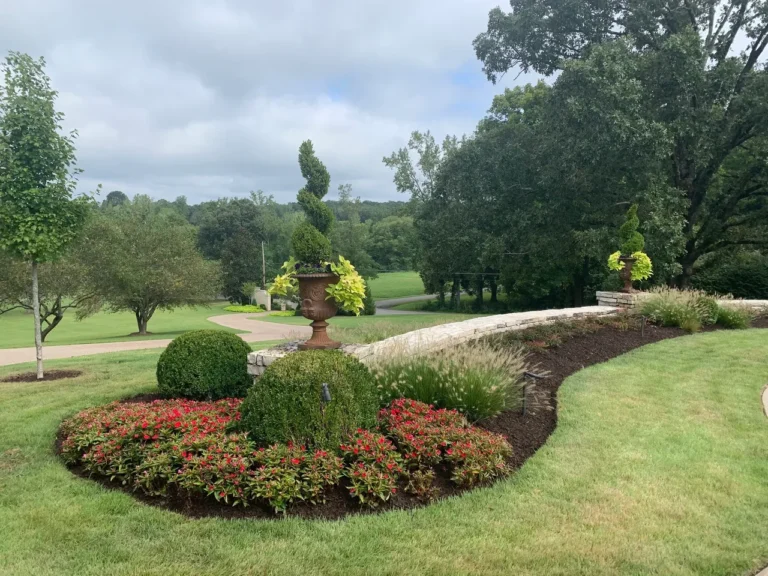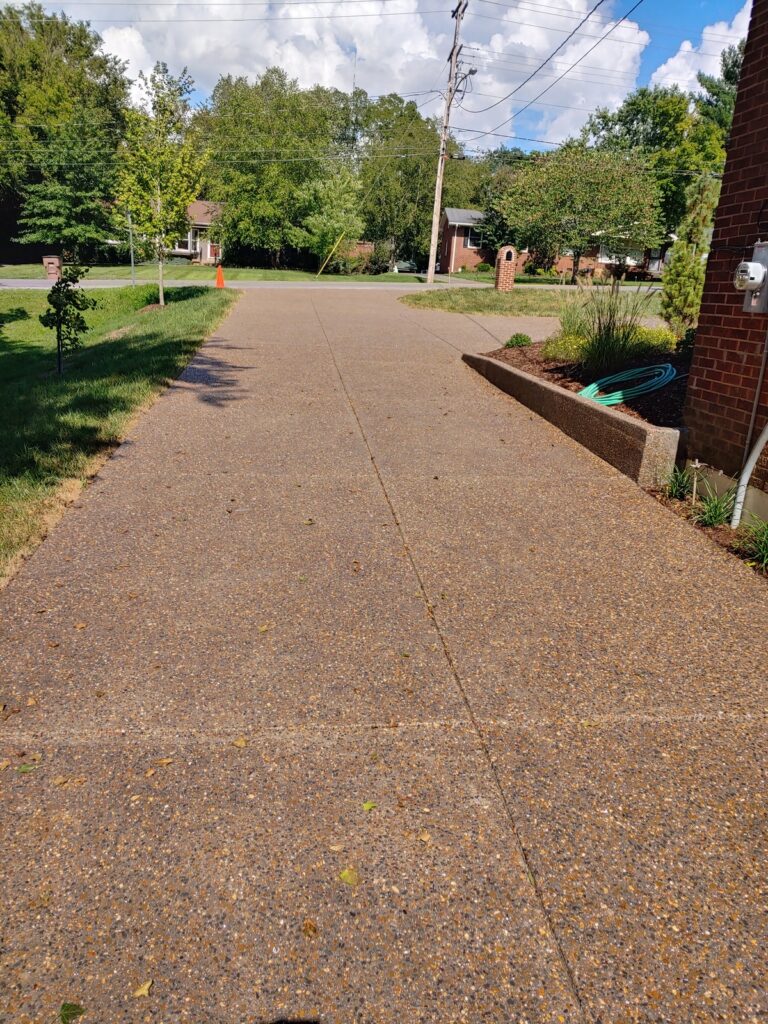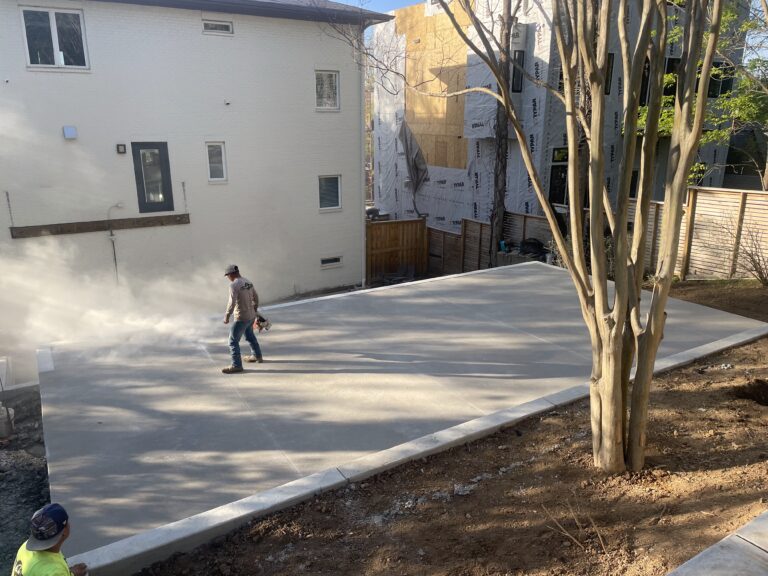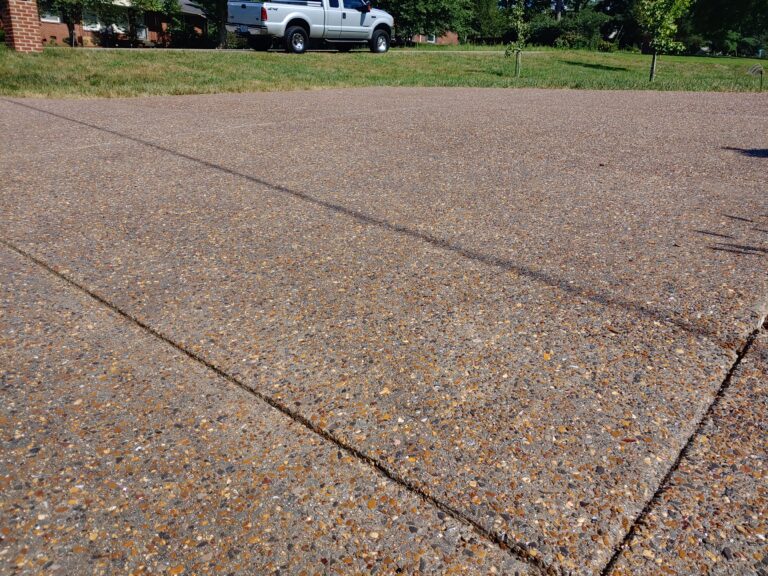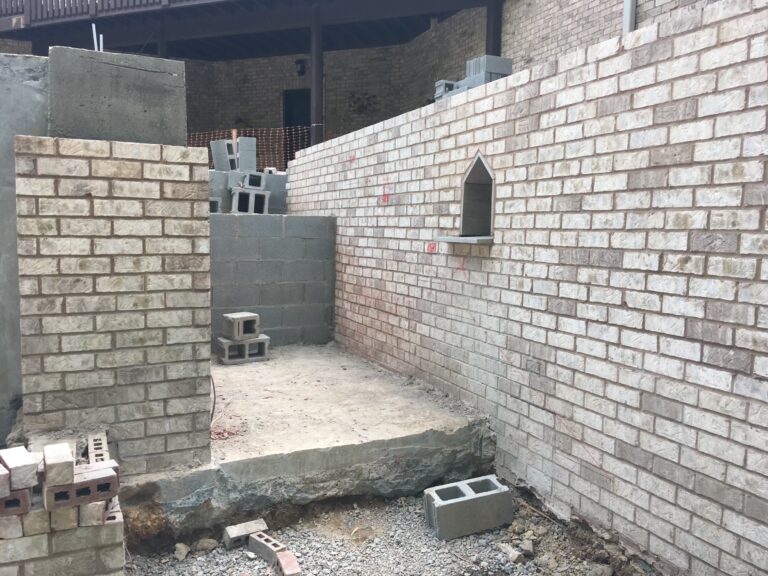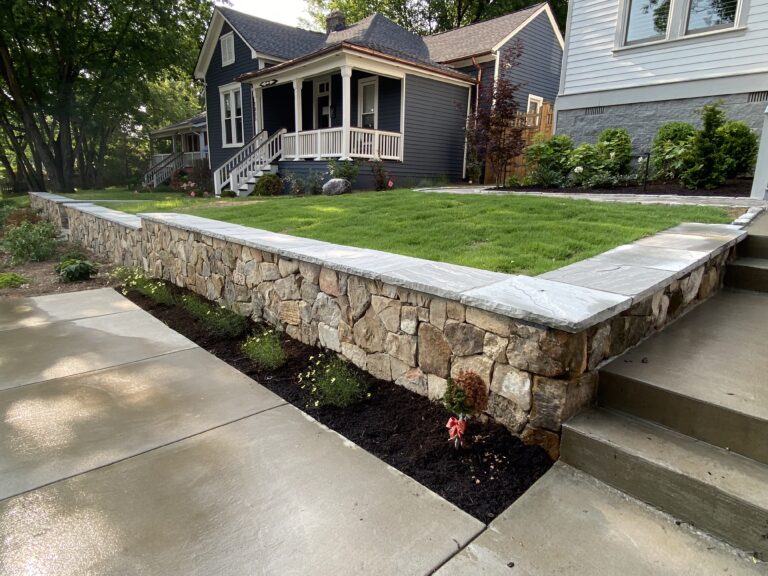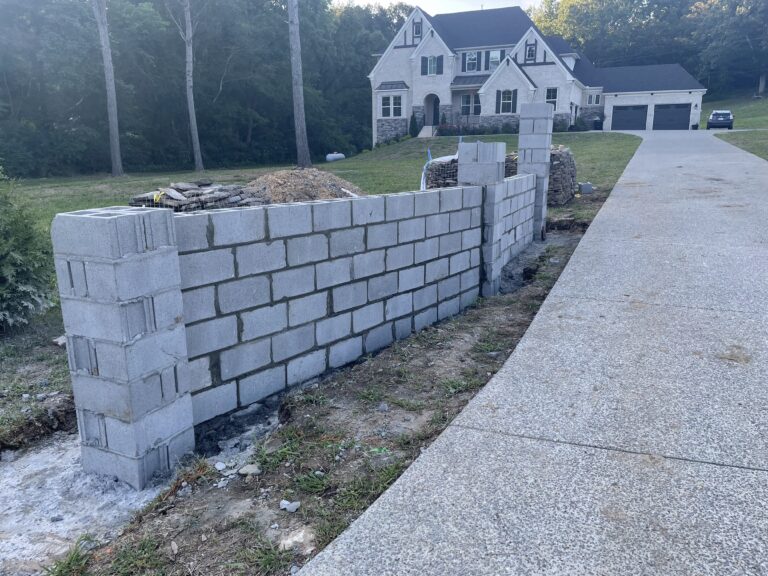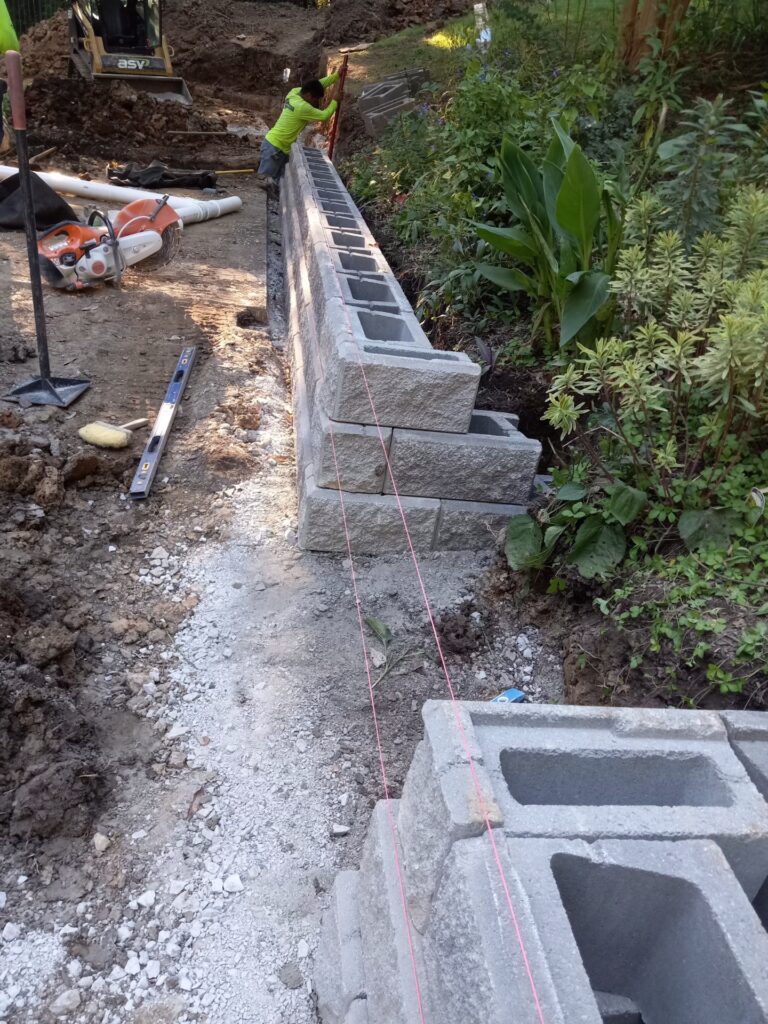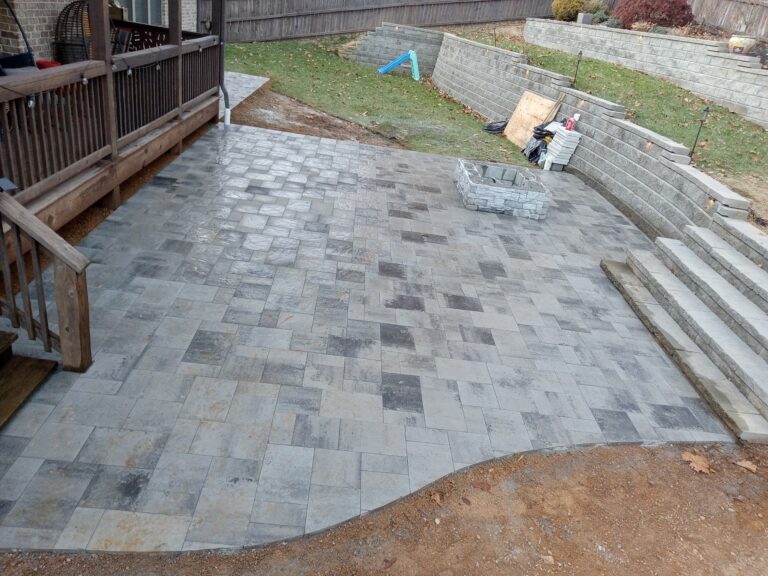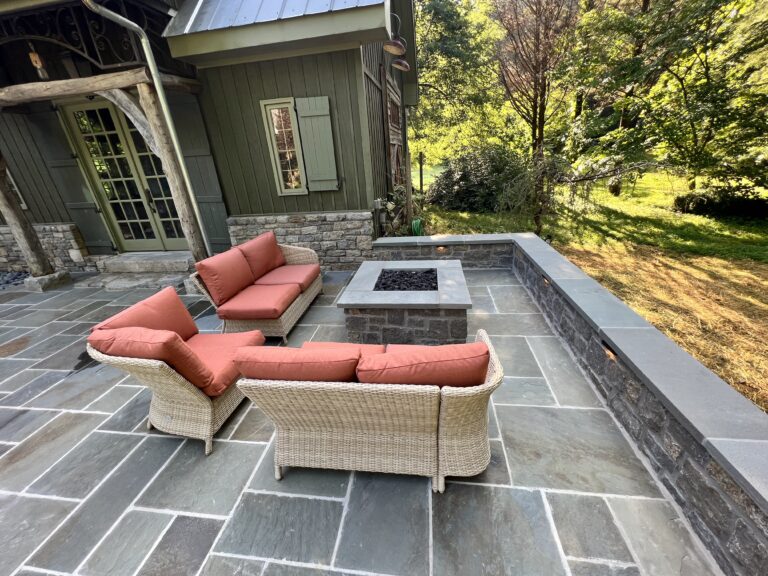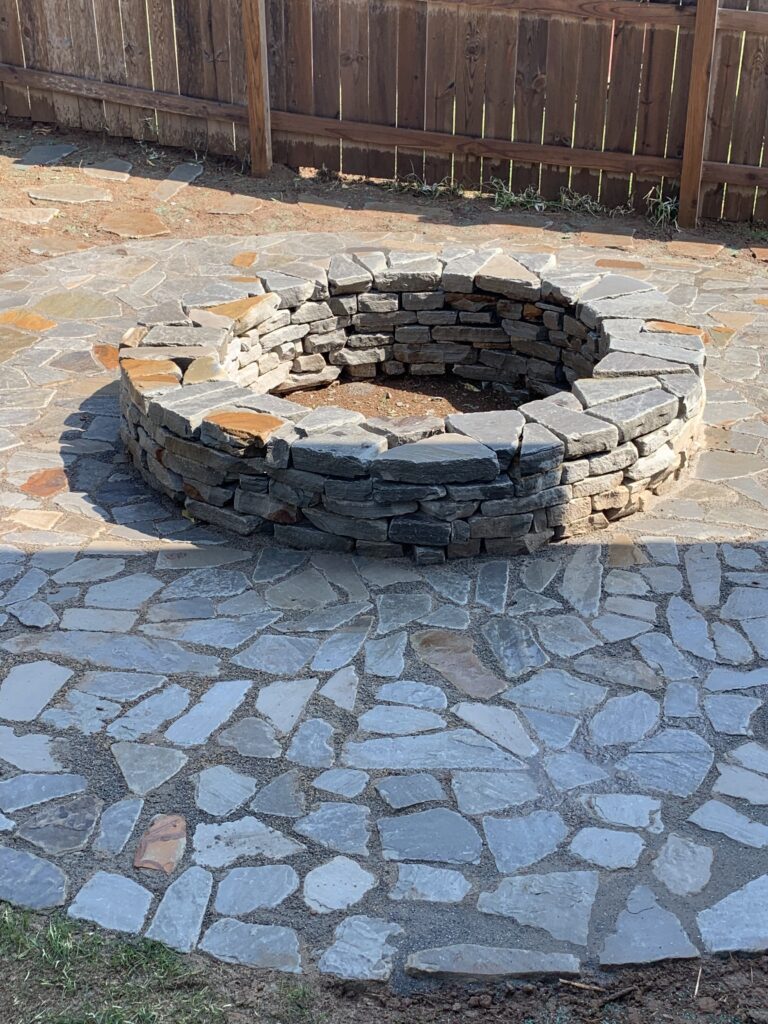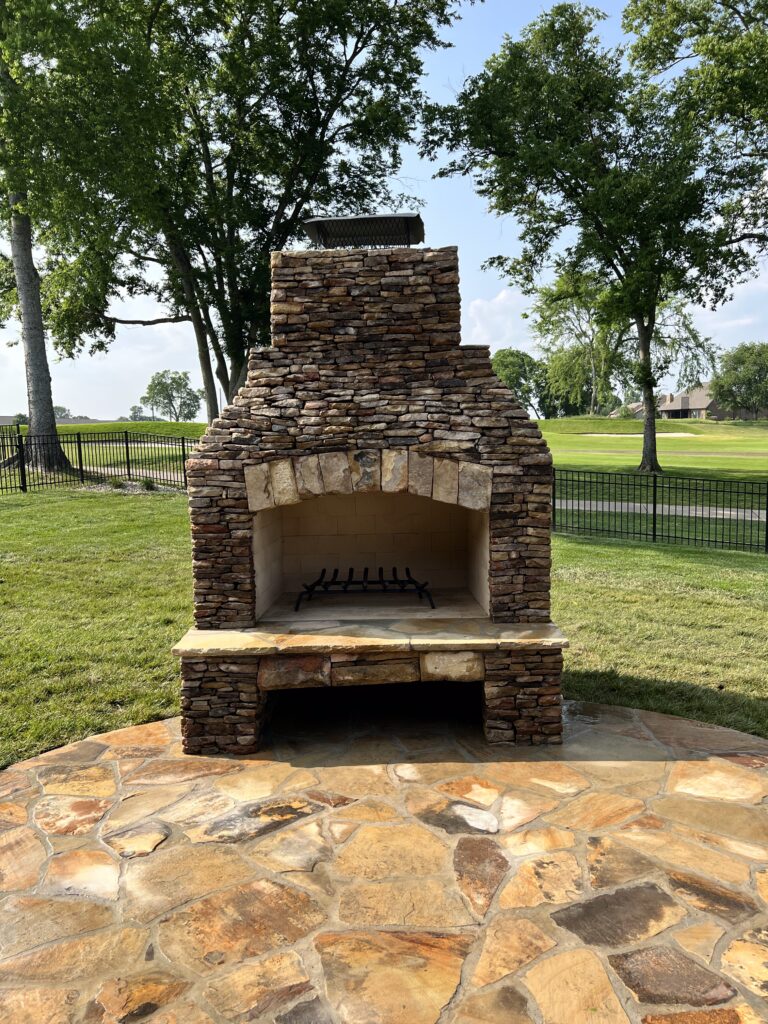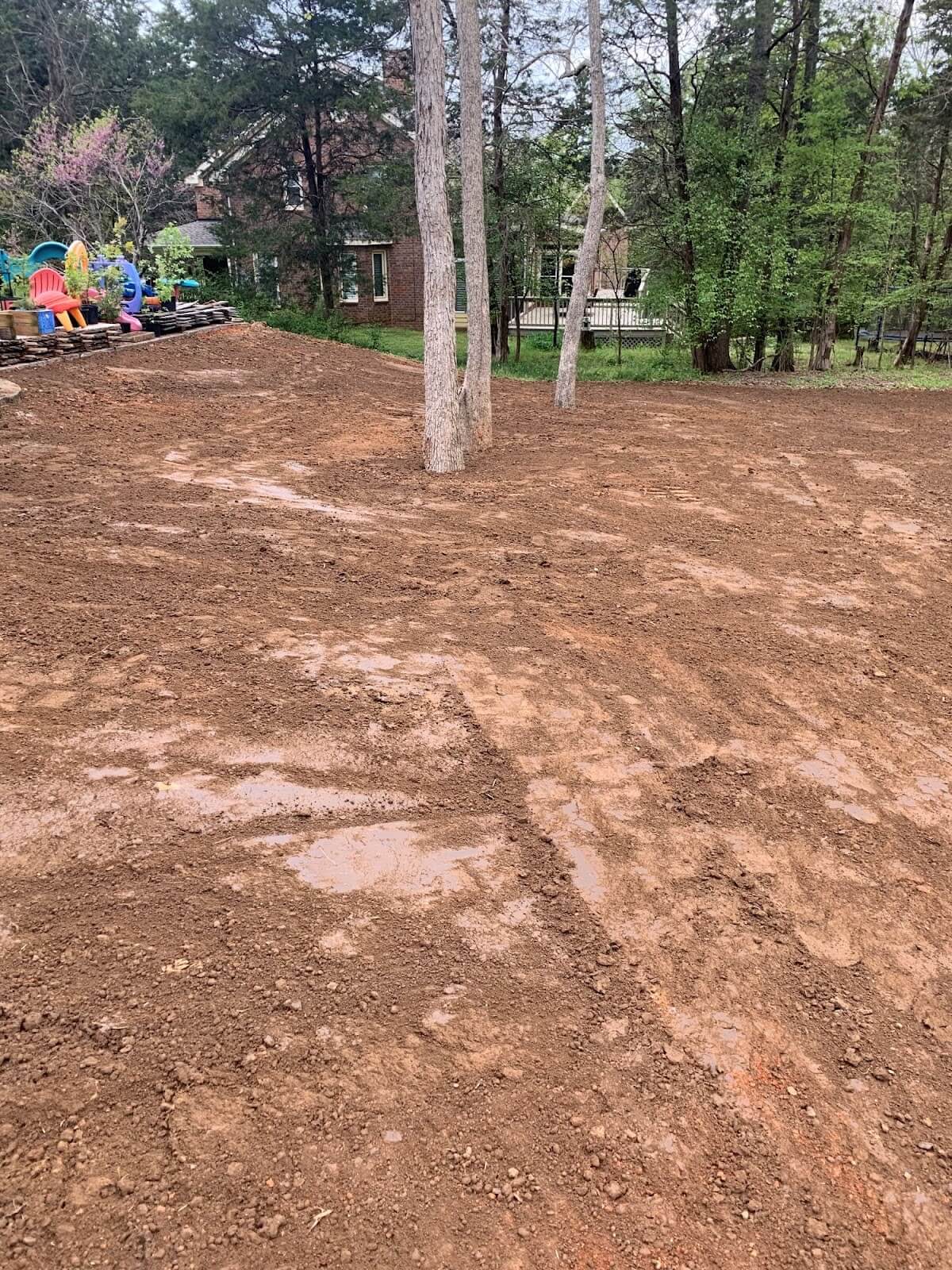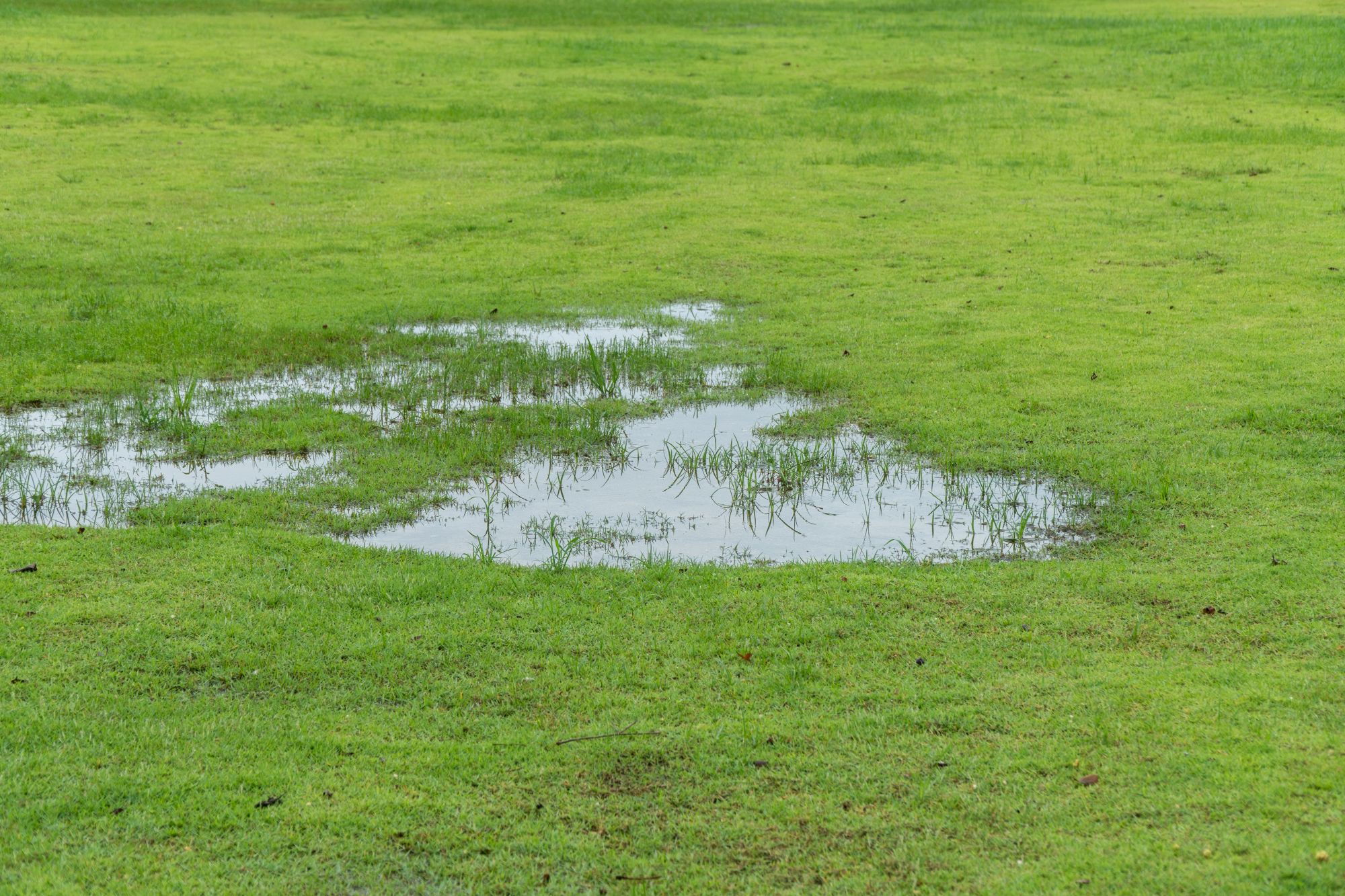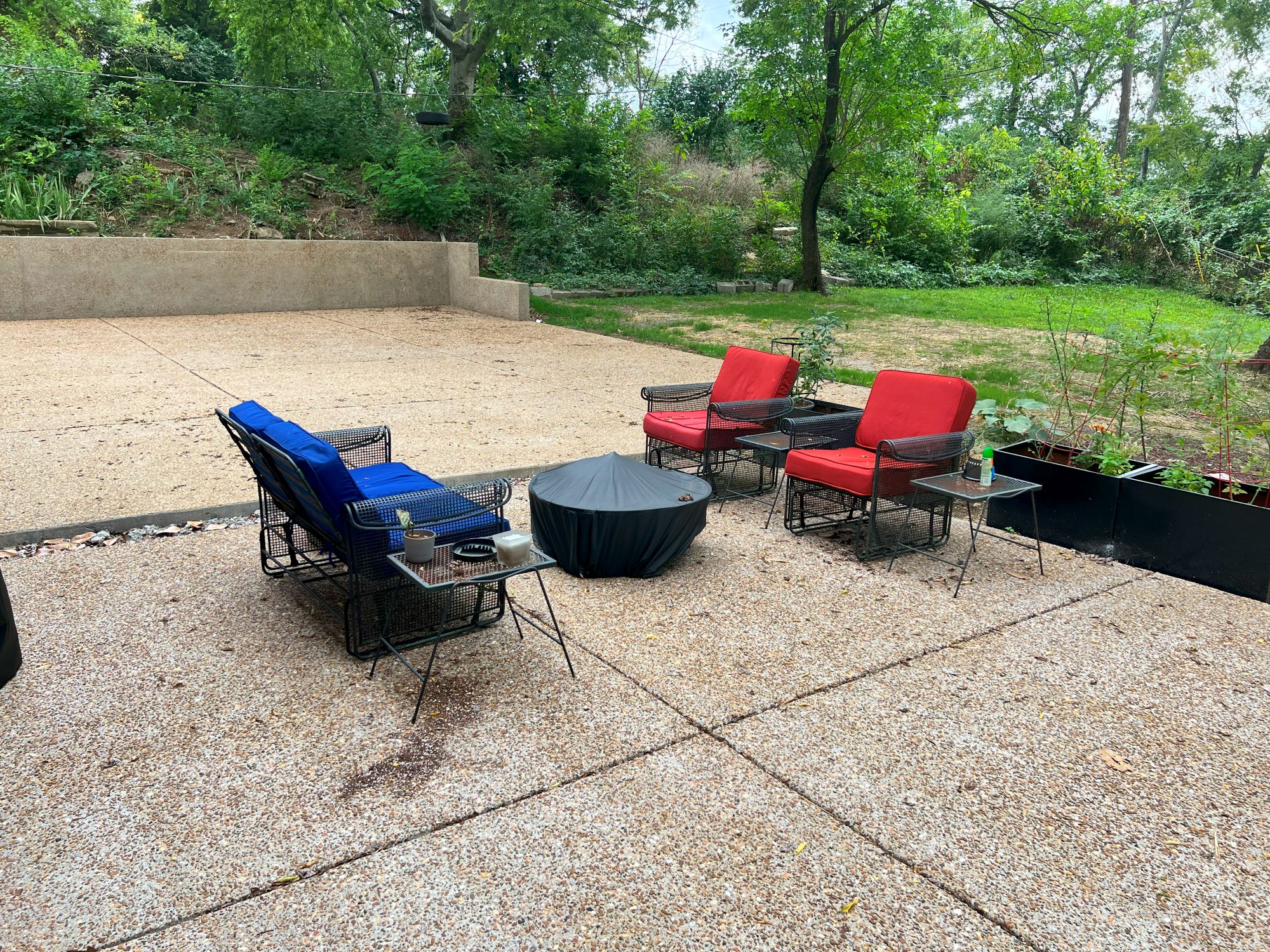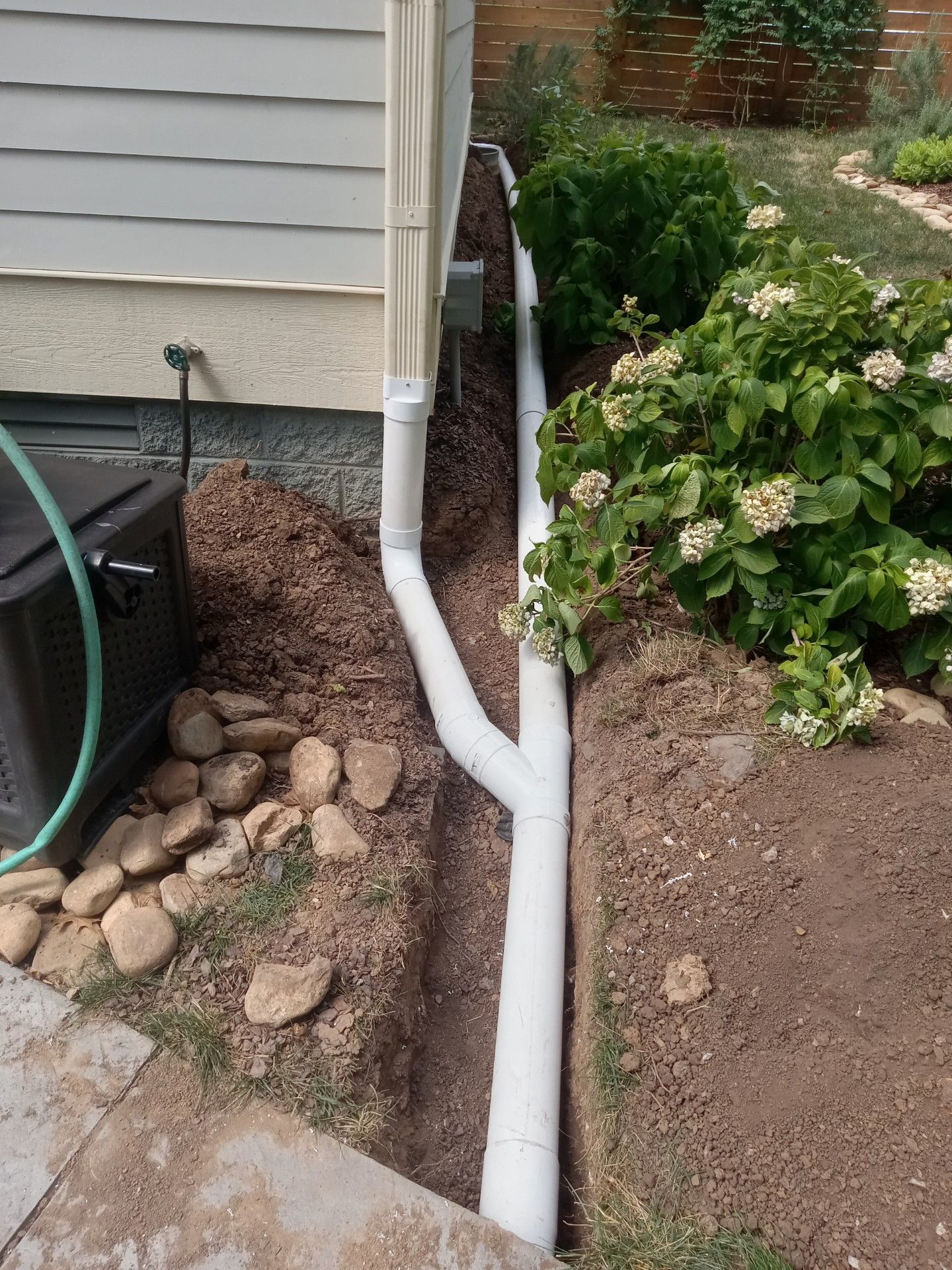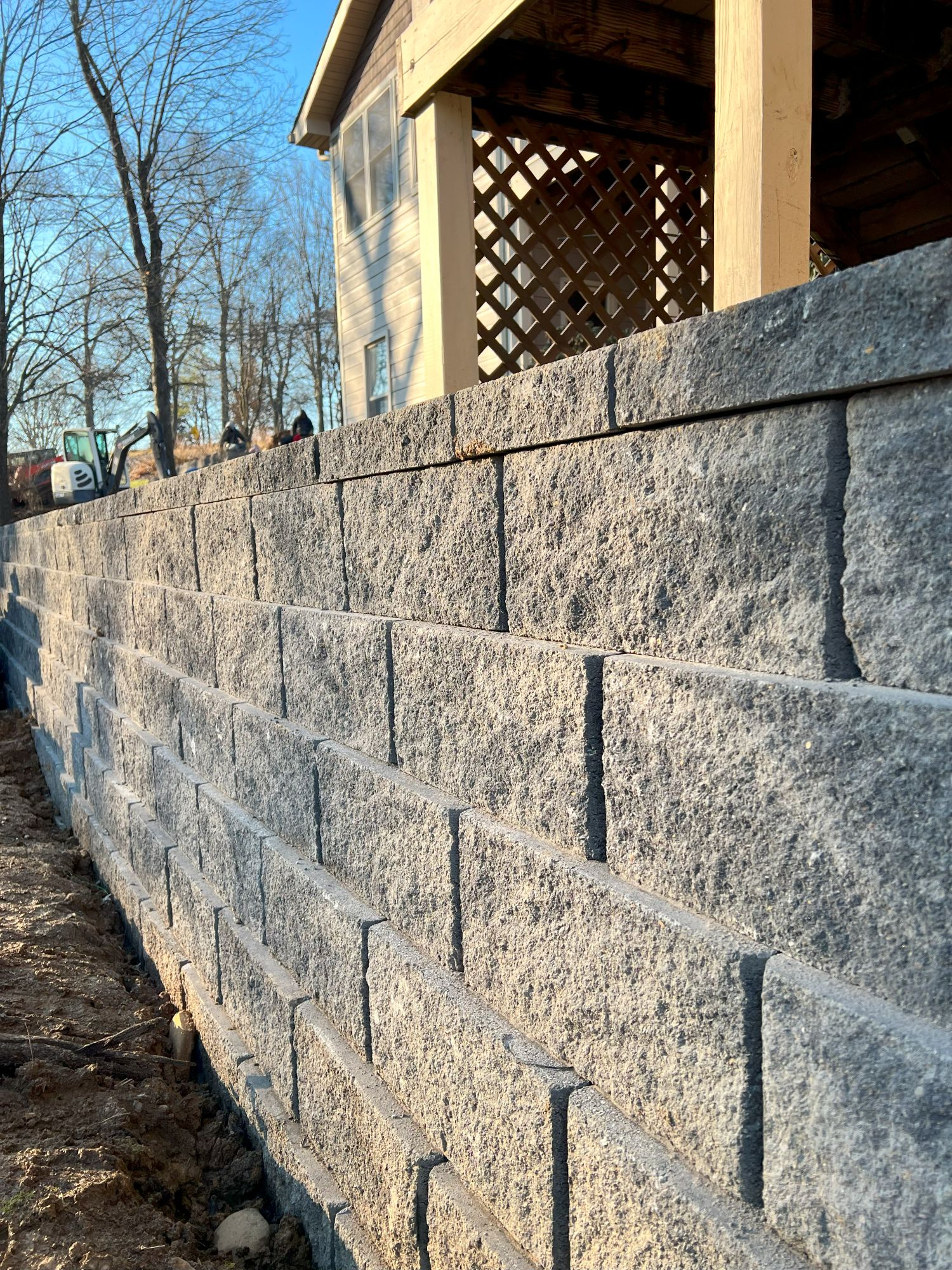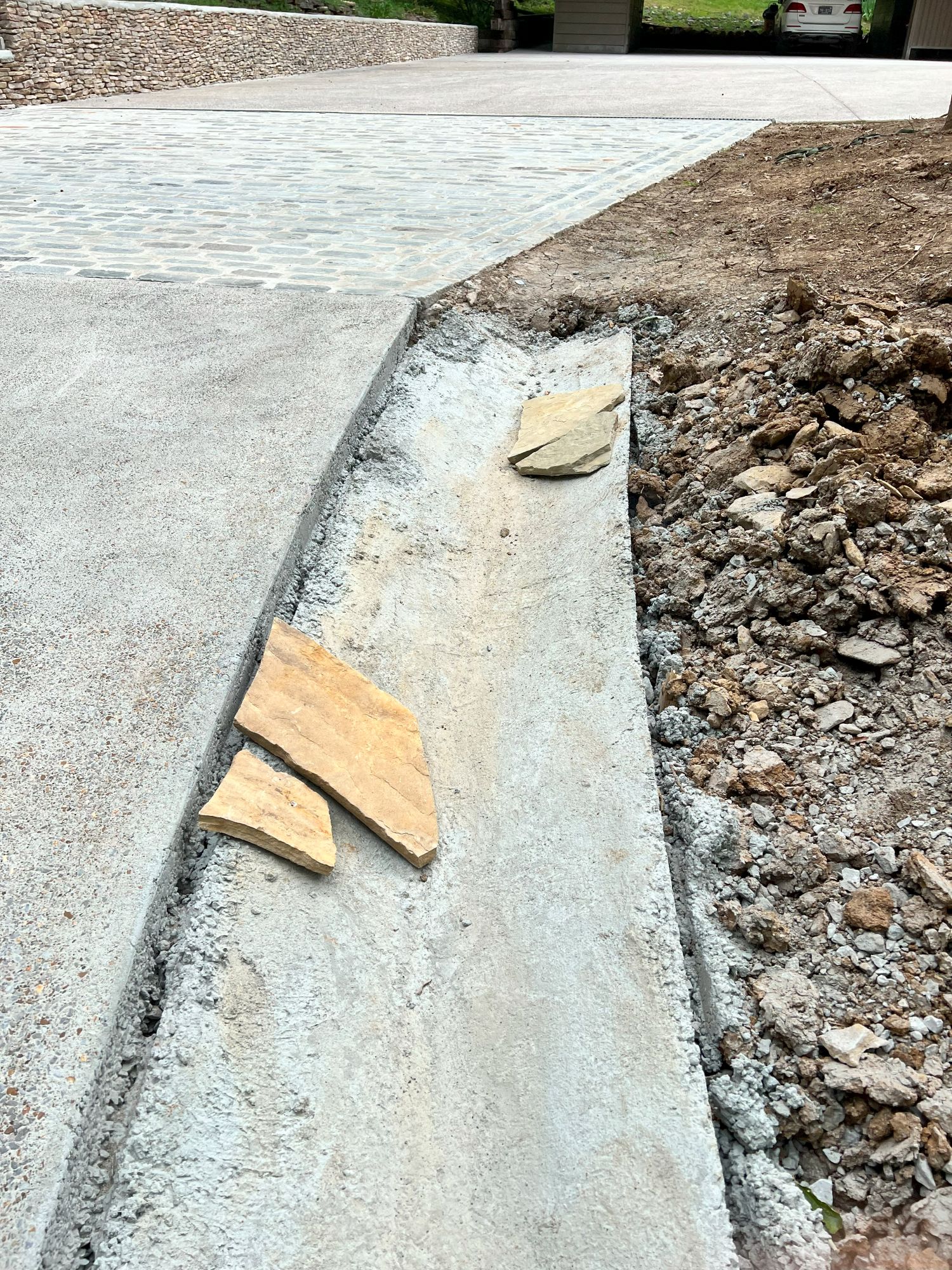Homeowners, business owners, and developers in Nashville who start planning a landscaping or construction project must begin by understanding landscape grading. While it may not be the most glamorous part of a project, grading plays a pivotal role in site preparation, drainage, and overall property aesthetics. Just as importantly, Nashville and the surrounding areas have specific rules and codes regarding grading work, especially when it affects stormwater runoff or alters natural slopes. Why does landscape grading matter so much that it requires permits and regulations? We’ll help explain elements of grading, the regulations specific to the Nashville area, and how the pros at Greenway keep you from the headache of navigating all the steps yourself.
What Is Landscape Grading?
Proper grading is more than just a finishing touch; it’s a foundational aspect of your property’s health and value. Landscape grading is the process of reshaping the surface of land to prepare for structures, manage water flow, or enhance the appearance of a yard or property. It can involve adding soil, removing earth, leveling uneven areas, or creating purposeful slopes. Grading serves several essential functions:
- Improving Drainage: Ensures rainwater flows away from buildings and toward proper outlets. This prevents water from pooling near foundations and flooding basements.
- Preventing Erosion: Helps stabilize the soil and keep your landscape from washing away during storms.
- Creating a Base for Landscaping: Provides a stable foundation for buildings, patios, driveways, lawns, gardens, and walkways.
- Creates Aesthetic Benefits: Allows you to shape your land for visual appeal, including terracing or flattening hilly areas.
Why Are There Rules for Landscape Grading?
Grading isn’t just about moving dirt and changing slopes. The process and results impact stormwater runoff, neighboring properties, environmental health, and infrastructure. That’s why many cities, including Nashville, have regulations in place to guide grading projects and minimize risks. Regulation of land grading has several benefits:
- Stormwater Management: Improper grading can redirect runoff to neighboring properties or streets, causing erosion, flooding, or damage. Regulations ensure that this is accounted for during project planning.
- Soil Erosion Control: Without careful planning, grading can cause excessive erosion, affecting both your property and public land. Regulations ensure slopes are within a certain degree to limit the amount of soil loss.
- Structural Safety: Unregulated grading near buildings or roads can lead to settling or instability. By having rules in place, the ground is more likely to be safe for any structures and users in the future.
- Environmental Protection: Grading impacts vegetation, tree roots, wildlife habitats, and nearby waterways. Local restrictions help protect sensitive flora and fauna.
- Maintaining Community Standards: City codes ensure that grading doesn’t negatively alter the character or safety of residential and commercial neighborhoods. Requiring approval and sticking to certain guidelines prevents unsightly changes that alter values in an area.
Regulations for Landscape Grading in Nashville
In Nashville, any significant grading project will likely require a permit. The Metro Water Services Stormwater Division regulates grading permits for residential and commercial properties. If your project disturbs land elevation, ground cover, or how water moves across the site, you’ll almost certainly need a permit. Even smaller projects may require one, especially if they affect drainage patterns or are located near protected areas. You will generally need a grading permit if you are:
- Grading in floodplains or in a watershed area with an outlet to a sinkhole or drainage well
- Moving more than 100 cubic yards of soil
- Filling more than five feet of vertical height
- Placing fill on a slope steeper than a ratio of five feet to one foot
- Creating a slope that is steeper than a ratio of three feet to one foot
The Stormwater Management Manual from Nashville Metro Water Services covers Grading Requirements in sections 3.3 and 3.4, including situations in which permits are not needed. Exemptions are nuanced and contingent on several factors, which can make the system difficult to navigate without experience. Don’t forget that the permitting process should be included in your landscape grading costs, which can amount to more than $400.
Nashville Land Grading Permit Process Overview
The process starts with submitting detailed site plans showing the intended grading, site drawings, drainage changes, and erosion control measures. These often need to be prepared or reviewed by a licensed engineer. Projects must include plans to prevent sediment from leaving the site during and after construction. Metro Water Services reviews the plan to determine preliminary sufficiency before performing a full review, and at any time, they can return the plans to you, requesting additional details. The permitting process may identify additional features to account for runoff that you’ll need to add to your plans (and budget). Once approved and initiated, grading activities are subject to site inspections by city officials to verify compliance. The easiest way to get through this process without having to correct and resubmit plans is to hire landscape grading contractors near Nashville who know these rules inside and out. Our team at Greenway accounts for each of the regulations in our planning process to avoid delays and revisions. We also handle the permit, including all the necessary documentation and drawings needed.
Residential vs. Commercial Grading in Nashville
While both residential and commercial grading must comply with regulations, commercial sites often face more complex approval processes due to the scale and impact of the work. Larger impervious surfaces (like parking lots or large roofs) create more runoff, which must be carefully managed. In residential settings, grading is typically required for new home builds, driveway installations, retaining walls, patios, or resolving drainage issues. Even if it seems like a small job, disturbing natural slopes or redirecting water can have far-reaching effects.
Avoid Grading Headaches: Trust Greenway for Your Project
Grading is a project you want done correctly due to the complexity, costs, and legal implications if it goes wrong. Improper grading can cause more harm than good, including water damage, poor drainage, and erosion, which can be costly to fix. If you don’t obtain a permit, Nashville can require you to undo any work performed.
As one of the top grading contractors in Nashville, TN, Greenway brings years of experience, deep knowledge of local codes, and the right equipment to get the job done safely and correctly.
- We Know the Rules: Greenway stays up to date with Nashville’s landscape grading regulations and permitting processes so you don’t have to.
- We Handle the Permits: Don’t worry about navigating red tape! We take care of applications, engineering plans, and inspections.
- We Provide Custom Solutions: Every yard is different. We tailor grading plans to your site, your goals, and your budget.
- We Ensure Long-Term Results: Proper grading protects your investment in landscaping, patios, drainage, and structures. With us, you don’t have to worry about getting value from your investment.
- We Work With Integrity: Our team values transparency, quality workmanship, and customer satisfaction.
Landscape grading may be invisible when done right, but its impact is unmistakable. A properly graded yard directs water away from homes and buildings, protects your landscaping, and creates the groundwork for everything from patios to garden beds. Greenway’s grading contractors in Nashville, TN have the knowledge, credentials, and hands-on experience to ensure your project is safe, legal, and successful—all while helping you avoid costly mistakes or violations. Put your grading project on autopilot by reaching out to Greenway of Nashville!
